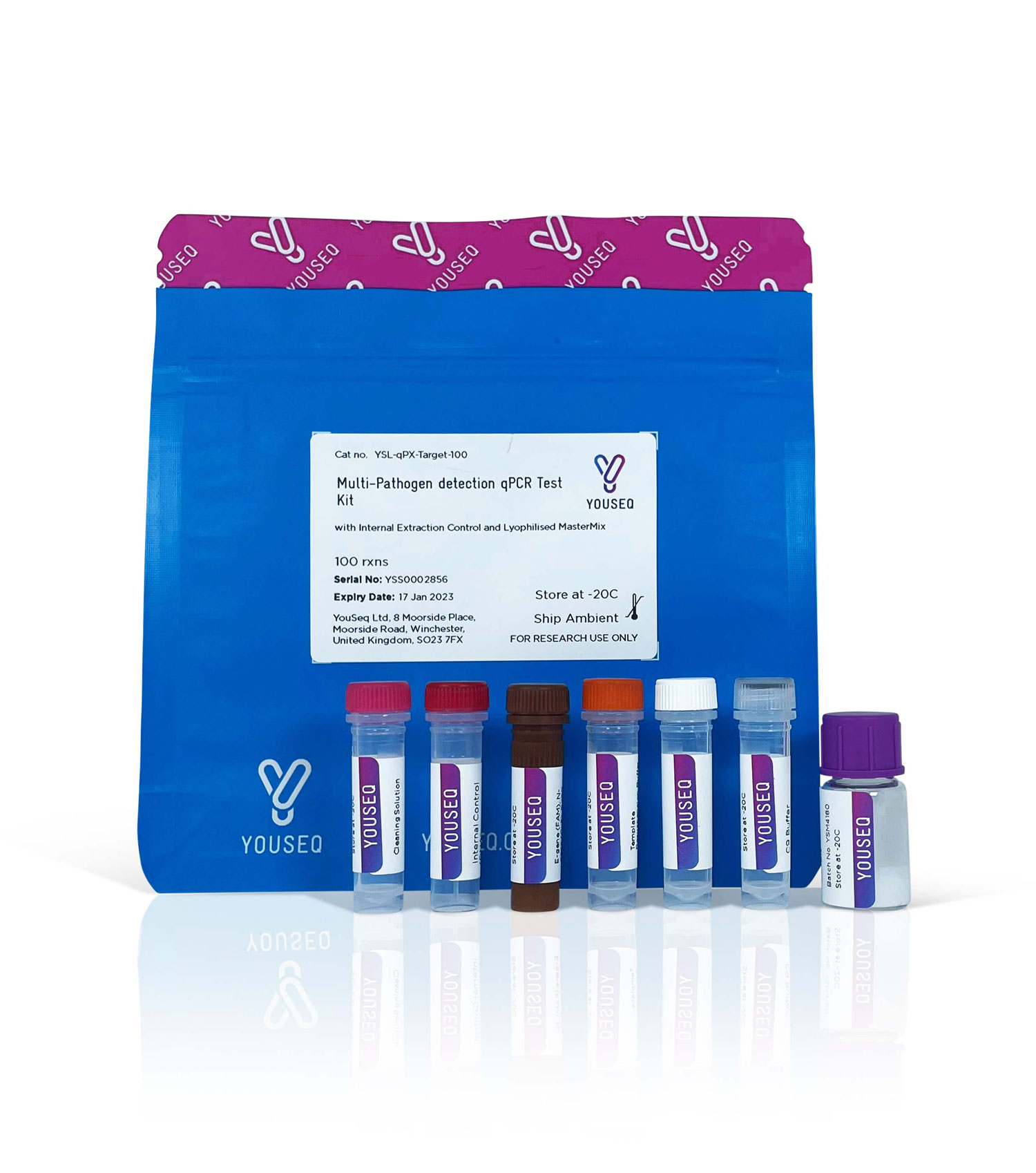
A multiplex qPCR kit for the detection of Anaplasma SPP and Babesia SPP
Anaplasma spp and Babesia spp are tick-borne pathogens that can cause illnesses such as anaplasmosis and babesiosis in both humans and animals. These infections can lead to symptoms such as fever, fatigue, and muscle aches, and if left untreated, can result in severe complications. It is crucial to detect these pathogens early to prevent further spread and provide timely treatment, especially in the veterinary and public health sectors.
YouSeq's qPCR kit to detect Anaplasma spp and Babesia spp allows for sensitive and specific identification of these pathogens, enabling quick and accurate diagnosis. Early detection using this kit can help in implementing appropriate treatment strategies, preventing further transmission, and ultimately improving outcomes for patients and animals. By detecting these pathogens promptly, YouSeq's qPCR product can have a significant impact on managing diseases caused by Anaplasma spp and Babesia spp.

Price on enquiry
Order nowFor Research Use Only. Not intended for diagnostic use.
Contents
Internal extraction control primer/probe
qPCR MasterMix
Positive control template
DNase/RNase free water
Template resuspension buffer
Internal extraction control (DNA)
Technical specification
Efficiency: 90-110%
Sensitivity: <100 copy detection
Run Time: Approx 1hr30 (dependent on instrumentation)
Product variants
YS-qPX-IC-Ana.Bab-100 : Frozen version for dry ice shipping
Useful links
1. Association between chronic Anaplasma marginale and Babesia spp. infection and hematological parameters of taurine heifers. ; Rahal NM et al. ; 2023 ; https://pubmed.ncbi.nlm.nih.gov/37672469/
2. Vector-borne pathogens of zoonotic concern in hunting dogs of southern Italy. ; Rahal NM et al. ; 2022 Aug ; https://pubmed.ncbi.nlm.nih.gov/35523272/
3. No molecular detection of tick-borne pathogens in the blood of patients with erythema migrans in Belgium. ; Rahal NM et al. ; 2022 Jan 20 ; https://pubmed.ncbi.nlm.nih.gov/35057826/
Pseudonyms
Anaplasma; Babesia; Tick-borne fever; Apicomplexan parasites; Anaplasmosis; Babesiosis